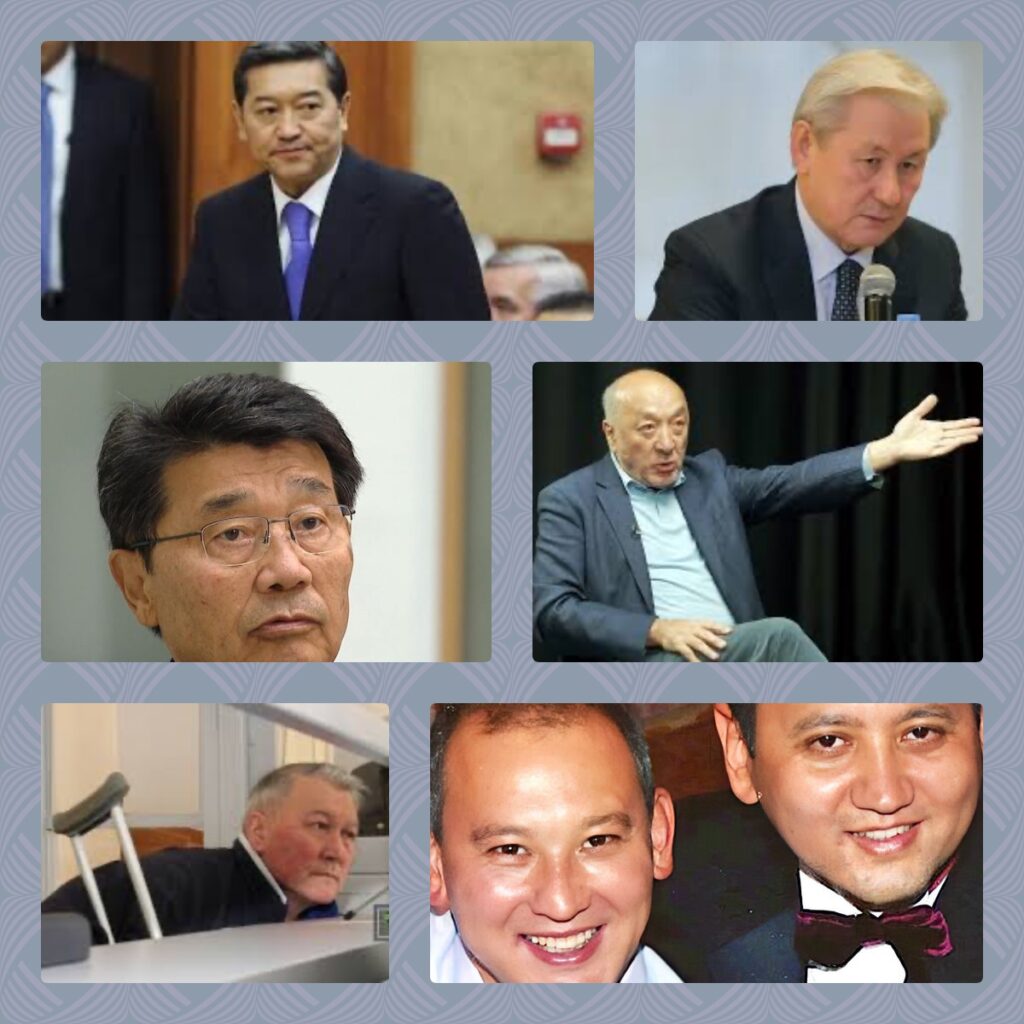In the Wake of Bishimbayev: From Politicians to Felons – Part One
Eight days ago, a scandal shook Kazakhstani society: Kuandyk Bishimbayev allegedly escaped from the penal colony where he was serving his sentence. Bishimbayev is a former high-ranking official of the government of Nursultan Nazarbayev's era, who was sentenced to 24 years in prison for the brutal murder of his wife. The Interior Ministry's Criminal Correctional System Committee immediately denied this information and said that a criminal case had been opened over the dissemination of this misinformation. This is not the first time Bishimbayev has become a resident of a penal colony. In 2017, as the Minister of National Economy of Kazakhstan, he was arrested on suspicion of large-scale bribery and embezzlement. In 2018, he was sentenced to a ten-year term with the confiscation of property and deprivation of the right to hold public office for the rest of his life. However, he was released on parole in 2019. Kazakhstan has been shaken by Bishimbayev's new crime. The trial, which was broadcast live online for the first time in the country's history, was watched by millions of citizens, not only within the Republic, but also abroad in other post-Soviet countries, and even in the West. However, this is not the first and, in all likelihood, not the last sensational case in which a former high-ranking official becomes a defendant. The long list of convicted ministers and akims can be divided chronologically into three parts: the Nazarbayev era, the transition period, and the so-called “New Kazakhstan,” which started after the January Events - the failed coup in 2022. This article discusses the most notorious court cases from each of these periods. Akezhan Kazhegeldin Former Prime Minister Akezhan Kazhegeldin was a politician known not only in Kazakhstan, but also in the West. He led the Government of Kazakhstan from 1994 to 1997. After falling into disfavor, in 1998 he attempted to challenge Nazarbayev in the upcoming presidential election. Kazhegeldin was not allowed to participate and had to leave Kazakhstan under the pretense of receiving medical treatment in Switzerland for unspecified health problems. In 1999, Kazhegeldin was put on an international wanted list, and in 2001 he was found guilty in absentia by the Supreme Court of Kazakhstan of abuse of power and authority, extortion and repeated bribes of millions of dollars, illegal acquisitions, the storage and transfer of weapons and ammunition, and tax evasion. Kazhegeldin was sentenced to ten years in prison, but has not returned to the country since. He continued to influence Kazakhstan's domestic politics from abroad until 2001 through the Republican People's Party of Kazakhstan, which he organized for this purpose. It was alleged that Kazhegeldin received kickbacks from a contract awarded to Tractebel in 1996 to run Almaty's electric company and power grid. A year later, the Belgian company also won a concession to manage gas pipelines in the south and west of Kazakhstan. In the U.S., meanwhile, the DOJ investigated claims Kazhegeldin received illegal payments of $6 million as part of a bribery scandal known as ‘Kazakhgate’....


